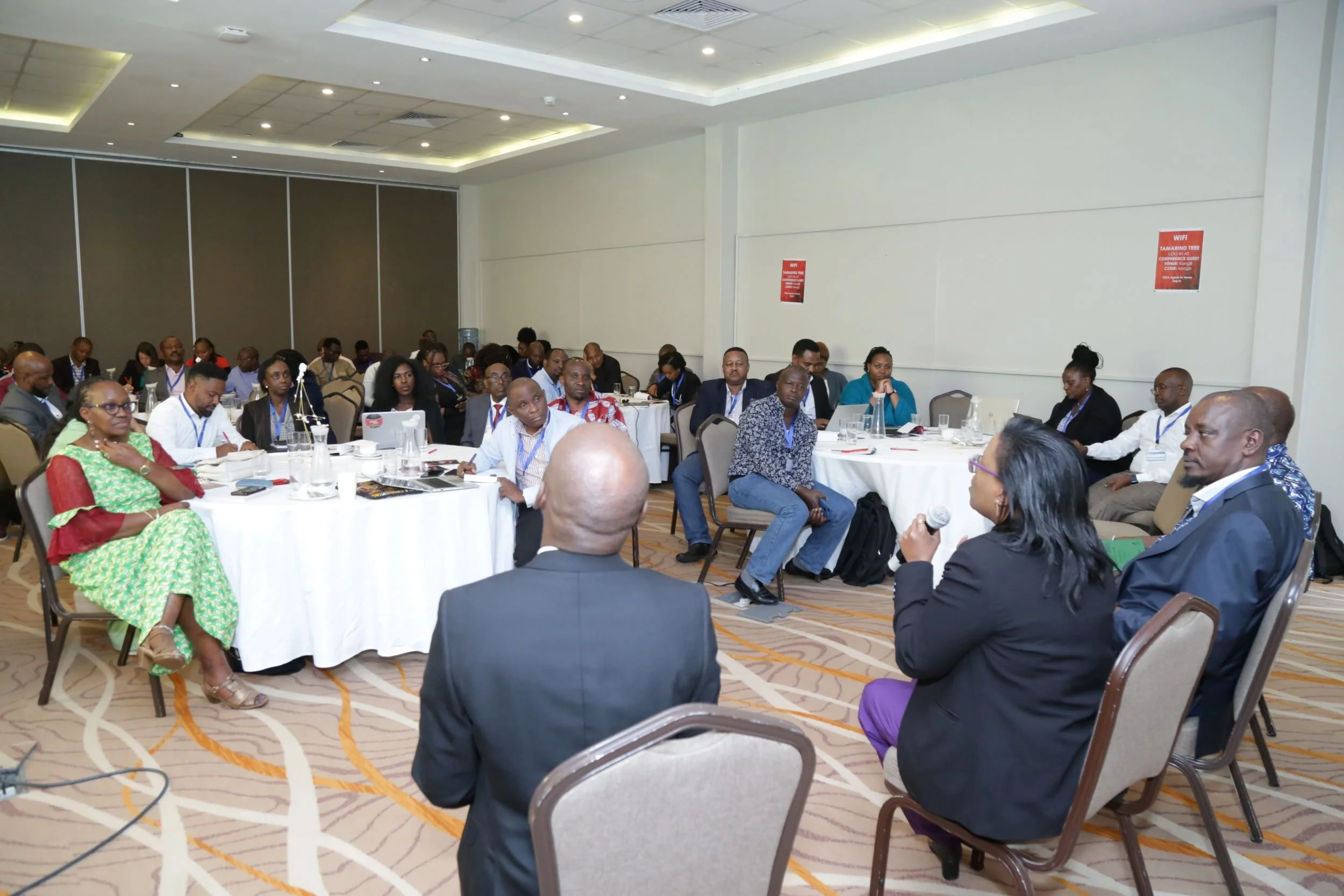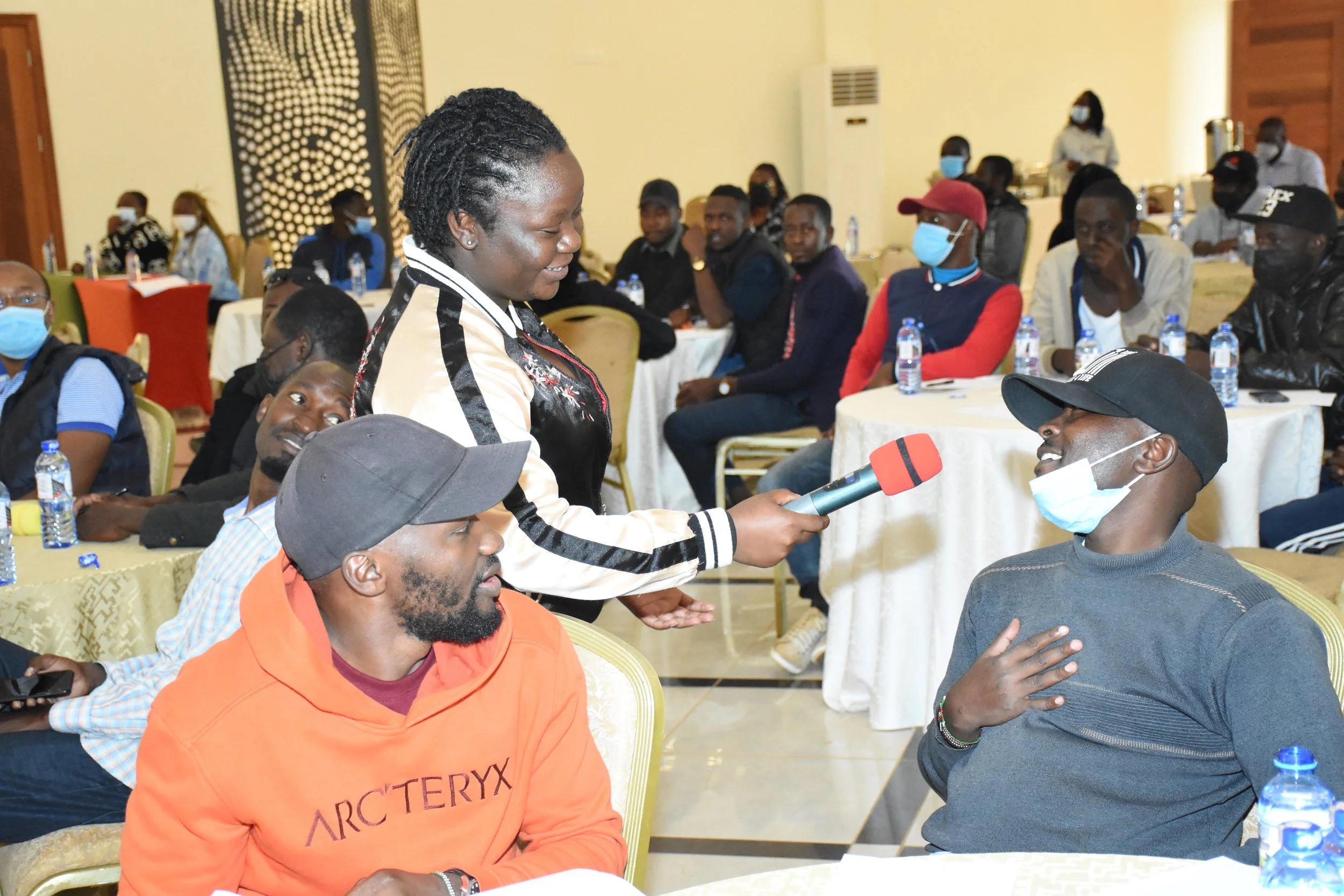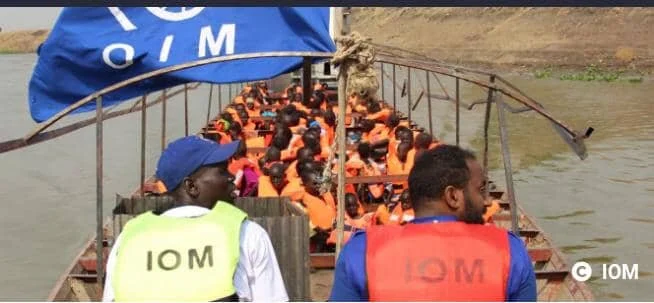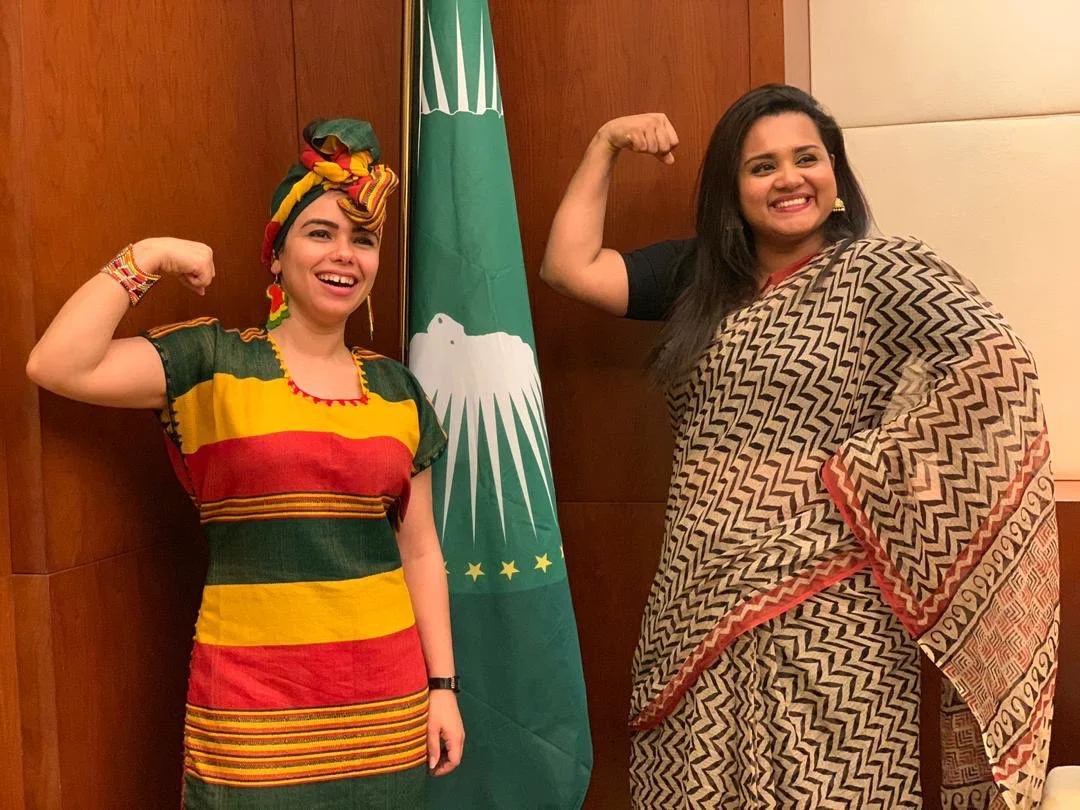It is incontrovertible that the peace and security challenges experienced in Africa from the 1990s put continental and international attention on the key roles played by young men and women in episodes of armed conflict and insecurity. Successive wars and violations of formal peace agreements and processes across the continent further heightened the attention and concern of policy institutions to the participation of youth in armed conflicts and violence. Across the divide, young people continue to constitute the core of combatants, while also representing a significant number of those affected by armed conflicts, violent extremism, banditry, violent protests and gender-based violence in Africa. For instance, in addition to disruption of education and youth-sensitive socio-economic activities, “estimates of direct conflict deaths in 2015 suggest that more than 90 percent of all casualties involved young males.”
A Position Statement on Climate Change and Health for COP28
We, The Youth Cafe, recognise the urgency of addressing climate change, with Africa facing heightened vulnerability to its devastating impacts. The latest findings from the IPCC’s Special Report on Global Warming reveal that our planet is now 1.1 degrees Celsius warmer than pre-industrial levels, with projections indicating a potential 1.5-degree threshold as early as 2040. Disturbingly, each successive decade since 1850 has been more generous than the last. The escalating temperature trend driven by human-induced greenhouse emissions threatens health, food security, and economic stability. According to the World Health Organization (WHO), approximately 250,000 deaths per year may be directly linked to climate change-related issues such as heat stress, malnutrition, vector-borne diseases and water-borne diseases.
Bring The Youth On Board For An Inclusive Fight Against Malaria
Over the past two decades, significant progress has been realized in the global efforts to roll back malaria. For sub-Saharan Africa, and Kenya in particular, the fight is far from over.
According to data from the World Health Organization (WHO), Africa bears a disproportionately high disease burden, with 95% of reported cases and 96% of malaria-related deaths. In Kenya, 10, 700 lives are lost every year due to this preventable and treatable disease
The Youth Cafés Report Of The 7th Eu-Africa Business Forum 2022.
The 7th EU-Africa Business Forum (EABF22) took place online from 14th to 18th February 2022 and in a hybrid format on the 16th and 17th of February 2022, at The Square, in Brussels (Belgium). The Forum was jointly promoted and sponsored by the European Commission and the African Union Commission and organized in partnership with the Pan-African business organizations Africa Business Council, Pan African Chamber of Commerce and Industry, AfroChampions, Business Africa, and the PanEuropean business organizations Business Europe, European Business Council for Africa and the Mediterranean, Eurochambres and European Entrepreneurs CEA-PME.
Unlocking Finance To Build Forward Better From The Covid-19 Crisis & Accelerate Delivery Of Sustainable Development.
The African government's economic crisis over the Covid-19 Pandemic equals (1 to 7)% of their GDP, contributed by African Governments deploying fewer funds and measures for high-quality recovery. At The Youth Café, we believe that there is a need for financial education. This will increase unlocking finance to build forward better from COVID-19 and accelerate delivery on Sustainable Development as intended: To identify effective measures to address the overarching challenge of mobilizing adequate and sustainable finance to invest in sustainable recovery from the COVID-19 crisis and accelerate the implementation of the 2030 Agenda and Agenda 2063. To identify and articulate the financing needs and provide high-level insights on opportunities to mobilize finance, focusing on the role of the Liquidity and Sustainability Facility designed and launched by ECA and partners.
How Does The Youth Café Promote Critical Citizenship Among Youth In Kenya?
The Youth Café trains the youth on civic education driven by result-oriented, evidence-based performance, which informs Our Theory of Change: A Pathway for Action, Sustainability, Results, Learning, and Adoption. These changes include institutional changes, service systems, community norms, partnerships, public will, policies, regulations, service practices, business practices, and issue visibility.
The Youth Café At The Voluntary National Review-Voluntary Local Review Workshop.
Voluntary National Review is a strategy based on the 2030 Agenda: Member states to "conduct regular and inclusive reviews of progress at the national and sub-national levels, which are country-led and country-driven. Like the 2030 Agenda of participation, The Youth Café strives for global connection, has reached over 72 countries, and is a local and national rope for achieving goals. The Youth Cafés principles are a call to action for governments, civil societies, private and public sectors, bi- and multilateral, and knowledge institutions. To invest in mutual prospects and work in partnership for sustainable development.
Migration Amid COVID-19: Young Africans Weigh Their Options
While the African migration narrative may be dominated by desperate youth involved in irregular migration, the near-term impact of the COVID-19 pandemic on them has also increased the migration of certain groups, especially those with skills useful in the health sector of destination countries. Increasingly, migration for work or education has become a common phenomenon in Africa. Data from the International Migrant Stock 2019 report, prepared by the UN Department of Economic and Social Affairs (DESA), shows that international migrants in 2019 numbered an estimated 272 million, an increase of 51 million since 2010.
Young People can Capably Lead Africa Into the Future | The Youth Cafe
By Aya Chebbi, African Union Youth Envoy
Aya Chebbi of Tunisia is the first-ever youth envoy of the African Union. Her appointment in November 2018 boosts the AU’s efforts to include the talents and skills of the continent’s bulging youth population in achieving its Agenda 2063, a framework for Africa’s socioeconomic transformation. Ms. Chebbi is expected to promote, among other issues, youth leadership and participation in governance, gender equality, safe migration, employment and climate change action. Raphael Obonyo, a youth activist, interviewed Ms. Chebbi for Africa Renewal on a range of issues affecting Africa’s young people. These are excerpts.










